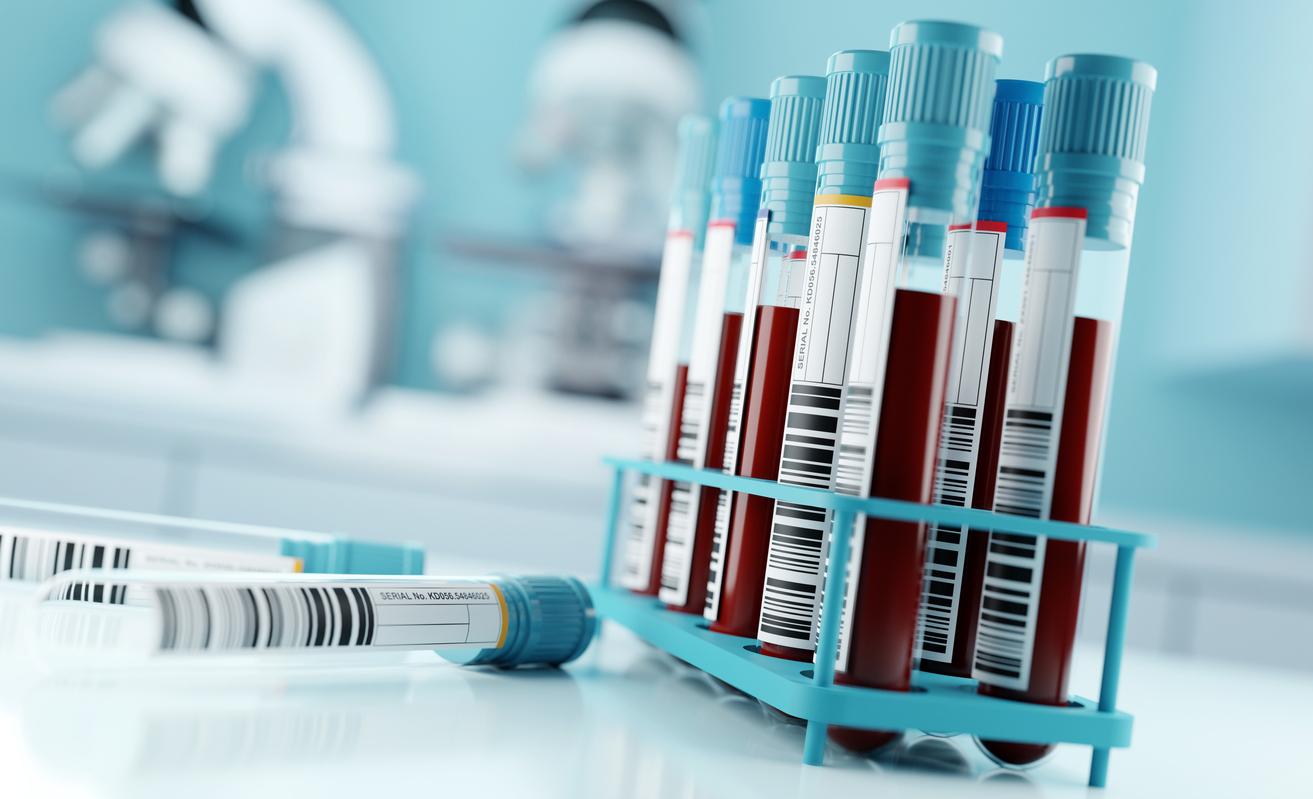Consumption of saffron extracts would neutralize the deleterious effects of inflammation on brain and mental health.

- Previous research has shown that saffron reduces stress-induced depressive behaviors.
- In mice with inflammation by lipopolysaccharide injection, saffron extract did not block the induction of behavioral changes, thus preserving the adaptive response essential for host defense.
- On the other hand, it reduced the negative effects of inflammation on central neurobiological processes, which are responsible for the appearance of depressive symptoms.
“Although activation of inflammatory processes is essential to combat infections, its prolonged impact on brain function is well known to contribute to the pathophysiology of many medical conditions, including neuropsychiatric disorders. Therefore, the identification of “New strategies to selectively counter the harmful effects of neuroinflammation are emerging as a major health concern.” This is what researchers from the University of Bordeaux wrote in a study published in the journal Frontiers in Nutrition.
Saffron, a spice that reduces depressive behaviors induced by stress
As part of this work, they wanted to test the relevance of a nutritional intervention based on saffron. As a reminder, this spice has been known for centuries for its beneficial effects on health. Indeed, according to previous research, it leads to a reduction in depressive behaviors induced by stress and a modulation of the activity of certain physiopathological processes of depression. Based on these data, scientists administered saffron extract to mice. Then, they caused inflammation that mimicked a pathological state, by injecting them with lipopolysaccharide (namely a component of the wall of Gram-negative bacteria).

Pretreatment counteracted the impact of lipopolysaccharide on several neurobiological processes
The results revealed that pretreatment with saffron extract did not reduce lipopolysaccharide-induced behavioral changes. This allowed the body to defend itself effectively in the event of infection. However, saffron interfered with delayed changes in the expression of cytokines, chemokines, and markers of microglial activation measured 24 hours after intervention in key brain areas for behavioral and mood control ( frontal cortex, hippocampus, striatum). Another observation: this pretreatment promoted the neutralization of the deleterious effects of inflammation on central neurobiological processes, which are responsible for the appearance of depressive symptoms, “particularly activation of the kynurenine pathway and alteration of monoaminergic neurotransmission”.
According to the authors, this study confirms the beneficial impact of saffron extract on mental health and provides important information on how the spice interferes with brain function under conditions of immune stimulation. They believe that these results open up promising therapeutic perspectives in the field of inflammatory diseases with neuropsychiatric comorbidities, including those linked to nutritional imbalances.

















